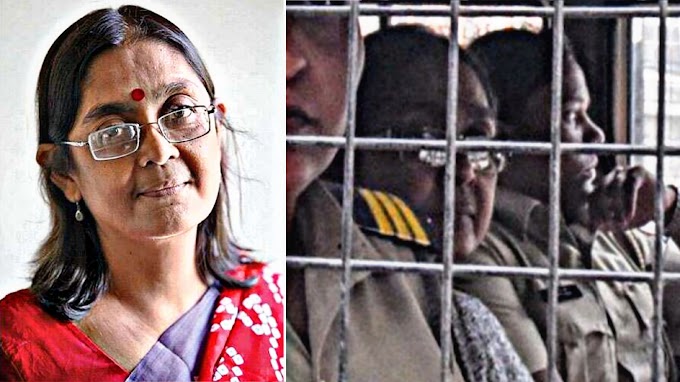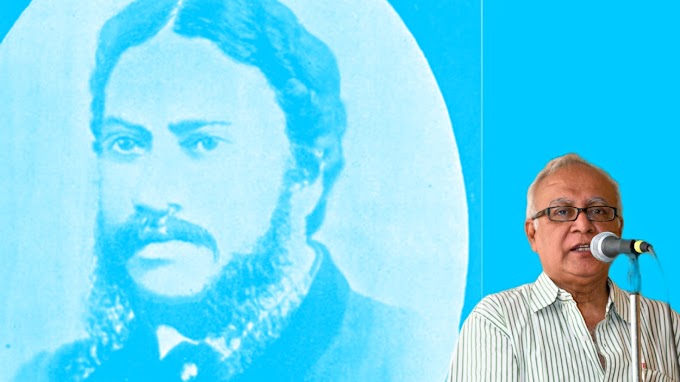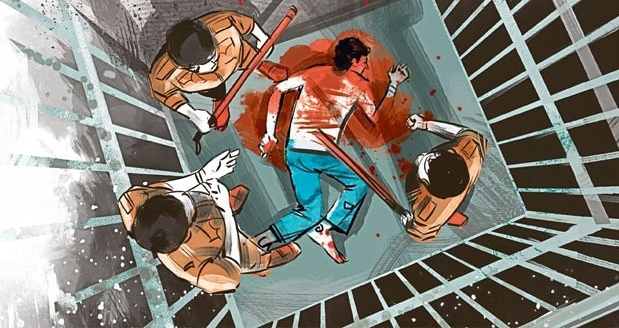Mehanati.IN On March 12 at 3 pm, in Kolkata, a significant protest march spearheaded by the NO NRC MOVEMENT, with a multitude of students and mass organizations participating. The protesters marched from Moulali Crossing to Parkcircus, demanding the repeal of the controversial Citizenship Amendment Act (CAA).
Amidst ongoing legal battles in the Supreme Court challenging the constitutionality of the CAA, the Modi government has introduced a new rule, CAA 2019, amplifying the controversy. The rule mandates stringent conditions for applicants, including an exemption letter from the Central Government under the Passport Entry Act 1920 or Foreign Act 1946, proof of residence in Bangladesh, specific entry documents, and a resident certificate of the area in India where they reside.
Critics argue that this rule is a clear reflection of the CAA 2019, which is perceived as a law designed on religious grounds, jeopardizing the secular fabric of India by excluding Muslims. Moreover, fears loom that this legislation could set a precedent for altering civil and criminal laws in the future.
The NO NRC MOVEMENT vehemently opposes this rule, considering it a direct threat to the citizenship rights of millions in the country, branding individuals as illegal trespassers and stripping them of their constitutional rights. The movement demands the immediate repeal of the communal CAA and its rules, the repeal of the CAA NRC Act, a halt to Aadhar deactivation, and a united front of anti-NRC forces nationwide to resist these actions.
The ongoing farmers struggle and resistance of marginalized working-class people in India shed light on a pivotal moment in the nation's political landscape. Their steadfast defiance against the false promises and manipulative tactics of corrupt governments and regional parties highlights a critical divide. The conflict between the government and the people over the Citizenship Amendment Act (CAA) exposes the underlying tensions regarding citizenship and religious inclusivity. The resolution of this struggle will undoubtedly leave a lasting impact on India's secular values and overall societal fabric.













0 Comments